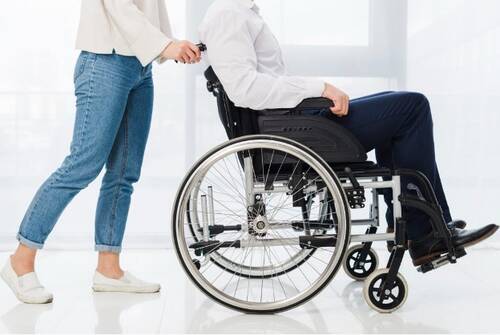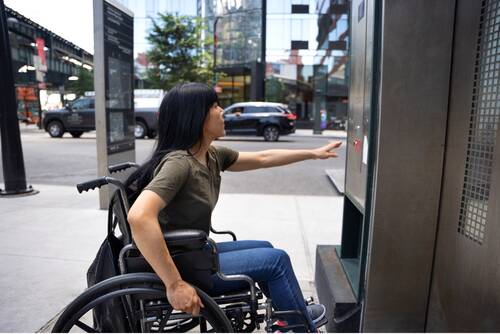
21 Nov Some Challenges That Are Unique to a Paralyzed Person
Paralysis brings unique challenges for individuals beyond physical limitations, influencing nearly every facet of daily life. While often aimed at providing equitable treatment and support, the law sometimes needs to address the nuanced needs of paralyzed individuals. These challenges affect accessibility, employment, healthcare, and social inclusion, highlighting areas where legal frameworks still need refinement.
If you or someone you know has been paralyzed due to someone else’s negligence, it’s important to seek legal assistance. Hiring a paralysis injury attorney is essential for victims to understand their rights and seek fair compensation.
Physical Accessibility and Legal Inconsistencies
Individuals with paralysis face significant challenges navigating physical spaces, even with ADA mandates in place. Older buildings often lack essential accessibility features, and compliance can vary widely between urban and rural areas. Many small businesses need help with the costs of modifications, and legal loopholes contribute to inconsistent implementation.
Employment Challenges and Inadequate Accommodations
Employment poses another major challenge, despite protections under laws like the ADA prohibiting workplace discrimination based on disability. Paralyzed individuals frequently need more job opportunities and appropriate accommodations despite their skills and willingness to work. Many workplaces, for instance, are either physically inaccessible or lack the adaptive technologies that paralyzed employees may need to perform their roles effectively. This gap reflects an oversight in current laws, which only sometimes provide employers with adequate guidance or incentives to make necessary accommodations.
Healthcare Accessibility and Legal Barriers
Paralyzed individuals face significant barriers to accessing essential healthcare, including specialized care like physical therapy, durable medical equipment, and long-term nursing. Private insurance frequently excludes critical needs, labeling items like wheelchairs, medical beds, and home modifications as “non-essential.” This forces many to pay out of pocket for this equipment or go without them. While government programs aim to bridge this gap, restrictive eligibility and budget constraints further limit access for those lacking private coverage.
Legal Restrictions on Mobility and Transportation
Transportation is another significant hurdle. Although laws like the ADA mandate that public transportation be accessible, individuals with paralysis frequently encounter broken elevators, inadequate seating, and a lack of ramps. Increasingly popular rideshare services are not uniformly accessible, and drivers are not always trained to assist disabled passengers. While there are regulations governing transportation accessibility, enforcement is inconsistent, and there are few penalties for non-compliance. This forces individuals to rely on specific services or specialized vehicles, often costly and not covered by insurance or government programs.
Social Isolation and Limited Legal Protections Against Discrimination
Paralyzed individuals also face social challenges that take more time to address through the law. Discrimination, though illegal, often manifests subtly in social settings and public spaces, leaving individuals feeling isolated or marginalized. Social discrimination laws focus primarily on employment and housing, offering limited protection in everyday interactions. This lack of comprehensive protection contributes to the isolation many paralyzed individuals experience. In addition, there are few legal avenues to address social exclusion or mistreatment in settings like schools, restaurants, or community events.
Conclusion
The challenges faced by paralyzed individuals underscore the complexities of living with disability in a society that is still adapting its infrastructure, laws, and social attitudes. While legislation such as the ADA has made significant strides, gaps still remain.
Addressing these challenges requires improved laws, better awareness, and a commitment from society to create an environment where paralyzed individuals can thrive with dignity and equal opportunity.
More information:
—————
The information on MedicalResearch.com is provided for educational purposes only, and is in no way intended to diagnose, cure, or treat any medical or other condition.
Some links are sponsored. Products, providers and suppliers are not warranted or endorsed.
Always seek the advice of your physician or other qualified health and ask your doctor any questions you may have regarding a medical condition. In addition to all other limitations and disclaimers in this agreement, service provider and its third party providers disclaim any liability or loss in connection with the content provided on this website.
Last Updated on November 21, 2024 by Marie Benz MD FAAD

